Who is Ken Wilbur?
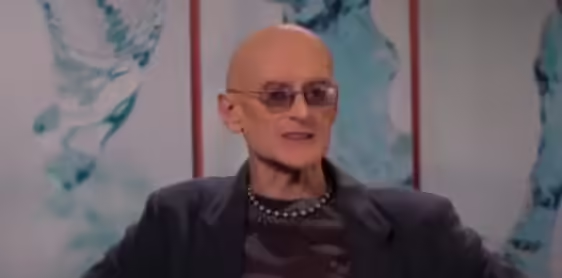
Ken Wilber (1949-present) is a pioneering American philosopher and writer whose groundbreaking “integral theory” has sought to synthesize insights from a dazzling array of fields – including psychology, anthropology, sociology, biology, ecology, spirituality, and more – into a comprehensive framework for understanding the human condition. Over a prolific career spanning five decades and over 25 books, Wilber has articulated an increasingly sophisticated model of individual and collective development that honors the truths of ancient wisdom traditions while fully embracing the discoveries of modern science and psychology. At the heart of his work is a passionate belief in the power of an integral approach to solve the complex problems facing our world, from environmental degradation and economic injustice to political polarization and spiritual malaise. By recognizing and integrating multiple ways of knowing, Wilber argues, we can cultivate greater awareness, compassion, and creativity in our lives and communities.
Wilber’s intellectual journey began in the late 1960s, when as a young college student he became fascinated by the great Eastern spiritual traditions, particularly Zen Buddhism and Vedanta Hinduism. Immersing himself in the works of D.T. Suzuki, Alan Watts, and Sri Aurobindo, Wilber had a series of profound mystical experiences that convinced him of the reality of higher states of consciousness beyond the rational mind. At the same time, he was deeply influenced by Western thinkers like Sigmund Freud, Jean Piaget, and Abraham Maslow, who had mapped the stages of psychological development from infancy to adulthood. Wilber’s key insight was to recognize that these Eastern and Western approaches were not contradictory but complementary, each illuminating different aspects of the spectrum of human growth and potential.
Wilber’s first major work, The Spectrum of Consciousness (1977), laid out his vision of a “perennial philosophy” that unified the world’s great spiritual traditions around a common model of the evolution of consciousness. Drawing on modern developmental psychology, Wilber argued that human growth unfolds through a series of stages or “fulcrums,” from the pre-personal realm of infancy and early childhood to the personal realm of the mature ego to the transpersonal realm of spiritual awakening. Each stage transcends and includes the previous ones in a nested hierarchy or “holarchy,” leading ultimately to the non-dual realization of the Ground of all Being.
Over the next decades, Wilber expanded and refined his model to encompass an ever-wider range of disciplines and perspectives. In works like The Atman Project (1980), Up From Eden (1981), and Eye to Eye (1983), he explored the parallels between individual development and the evolution of human societies and cultures, showing how the same basic stages and patterns recur at multiple scales. He also began to incorporate insights from systems theory, identifying four fundamental “quadrants” or dimensions of reality – the interior and exterior of the individual and the collective – that co-arise and interact in complex ways.
Wilber’s mature vision came together in his monumental Sex, Ecology, Spirituality (1995), which introduced the “AQAL” (all-quadrants, all-levels) framework that has since become the centerpiece of his integral approach. The AQAL model maps the four quadrants across multiple levels of development, from matter to body to mind to soul to spirit, showing how each level has its own valid truths and values that need to be integrated for a complete understanding. Wilber also explored the dynamics of cultural evolution, identifying a series of “worldviews” or meaning-making systems that have shaped human history, from the archaic and magic to the mythic and rational to the pluralistic and integral.
In subsequent works like Integral Psychology (2000), Boomeritis (2002), and Integral Spirituality (2006), Wilber has applied his AQAL framework to a wide range of contemporary issues and challenges, from education and medicine to politics and social justice. He has been a leading proponent of “integral practice,” a holistic approach to personal growth that combines multiple modalities – such as body work, psychotherapy, meditation, and service – to foster development in all quadrants and levels. At the same time, he has been a vocal critic of postmodern relativism and narcissism, which he sees as a regression from the gains of modernity.
Throughout his work, Wilber has been guided by a passionate commitment to the transformation of self and society in service of a more just, sustainable, and enlightened world. He has sought to create an “integral vision” that honors the enduring insights of premodern wisdom traditions, the breakthrough discoveries of modern science and psychology, and the emerging possibilities of postmodern and postpostmodern ways of knowing. By recognizing and integrating multiple perspectives, he believes, we can move beyond the limitations and pathologies of any single worldview to actualize our fullest potentials as individuals and communities.
Wilber’s integral approach has had a profound influence on a wide range of fields and practices, from psychology and spirituality to business and organizational development. His ideas have been taken up by thought leaders and change agents around the world, who have found in his work a powerful framework for understanding and addressing the complex challenges of our time. At the same time, Wilber has been a controversial figure, criticized by some for his sweeping claims, his hierarchical model of development, and his perceived neglect of social and political issues.
As Wilber enters his eighth decade, he continues to refine and elaborate his integral vision, engaging with new research and perspectives from across the disciplines. His recent works, such as The Religion of Tomorrow (2017) and Trump and a Post-Truth World (2017), grapple with the implications of globalization, digitalization, and the crisis of meaning in contemporary society. Through it all, he remains committed to the transformative power of an integral approach, grounded in the perennial wisdom of the great spiritual traditions and informed by the cutting edge of modern science and culture.
Whether one fully embraces Wilber’s integral model or not, there is no denying the breadth and depth of his contributions to our understanding of the human condition. His work challenges us to think more deeply and systematically about the nature of reality, the dimensions of human development, and the possibilities for personal and collective transformation. In a world increasingly fractured by polarization and paralyzed by complexity, Wilber’s integral vision offers a hopeful path forward, one that seeks to integrate and harmonize the many ways of knowing and being that constitute the human experience. As we grapple with the great challenges of our time, from climate change and social inequality to the meaning of life itself, we would do well to draw on the profound insights and integral wisdom of this pioneering philosopher and spiritual teacher.
As Wilber enters his eighth decade, he continues to refine and elaborate his integral vision, engaging with new research and perspectives from across the disciplines. His recent works, such as The Religion of Tomorrow (2017) and Trump and a Post-Truth World (2017), grapple with the implications of globalization, digitalization, and the crisis of meaning in contemporary society. Through it all, he remains committed to the transformative power of an integral approach, grounded in the perennial wisdom of the great spiritual traditions and informed by the cutting edge of modern science and culture.
However, Wilber’s work has not been without its critics or controversies. Some have questioned the accuracy and validity of his “orienting generalizations” about various fields, arguing that he sometimes portrays minority or disputed positions as the consensus view. Others have pointed out apparent contradictions or limitations in his integral model, particularly around his understanding of evolutionary biology and his openness to ideas of intelligent design.
There have also been concerns about the insularity and self-reinforcing nature of the integral movement that has grown up around Wilber’s work, with some critics suggesting that it has at times lapsed into self-indulgence, spiritual bypassing, or an overemphasis on individual development at the expense of social and political engagement. The revelations of abuse by spiritual leaders affiliated with Wilber, such as Marc Gafni and Adi Da, have also cast a shadow over his legacy and raised questions about the relationship between spiritual insight and ethical behavior.
Perhaps most fundamentally, Wilber’s work raises challenging questions about the role of intellectual understanding and spiritual realization in human life. His own story suggests that even the most brilliant and profound insights cannot immunize us against the pull of pride, shadow, and the unintegrated ego. As his integral model itself makes clear, we are all fallible beings, shaped by the complexities of our evolutionary past and the limitations of our current stage of development.
At the same time, there is no denying the significant contributions that Wilber has made to our understanding of the human condition. His integral vision has provided a powerful framework for recognizing and integrating multiple ways of knowing, from ancient wisdom traditions to modern science and psychology. His work has inspired countless individuals and communities to pursue greater awareness, compassion, and creativity in their lives and to work towards a more just and sustainable world.
As we grapple with the great challenges of our time, we would do well to draw on the profound insights and integral wisdom of Ken Wilber, while also remaining critical and discerning in our engagement with his work. By honoring both the light and shadow of his legacy, we can continue to refine and expand the integral vision in service of the ongoing transformation of self, culture, and society.
Read More Depth Psychology Articles:
Taproot Therapy Collective Podcast






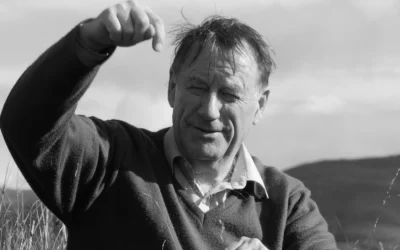
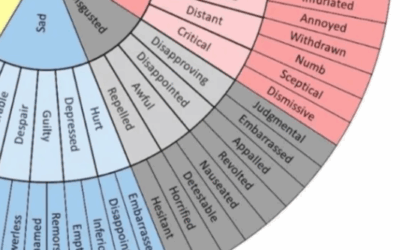
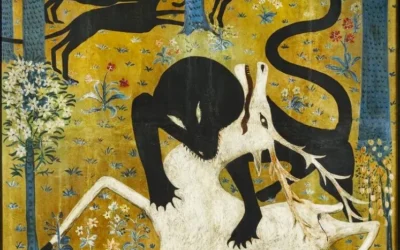
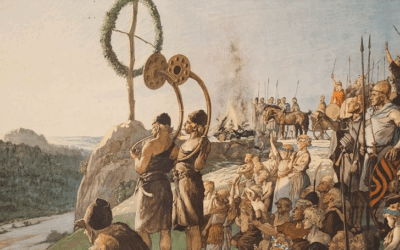
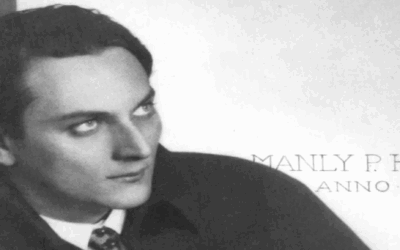


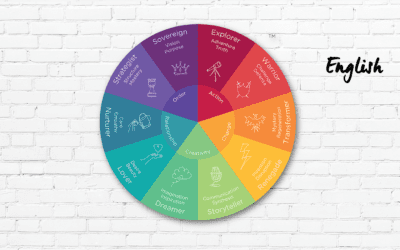

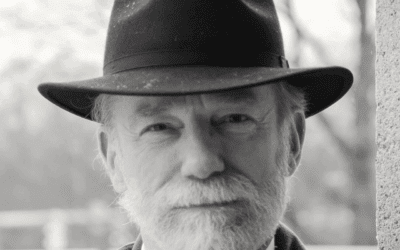
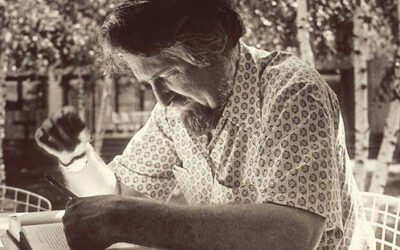







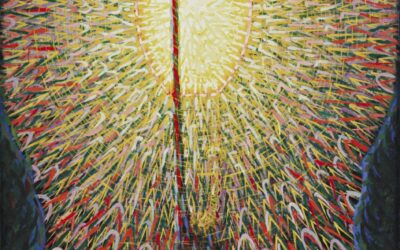
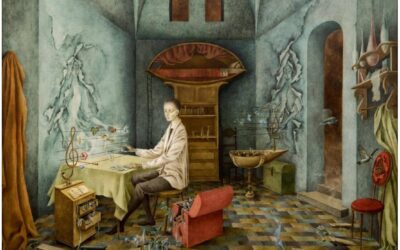
0 Comments